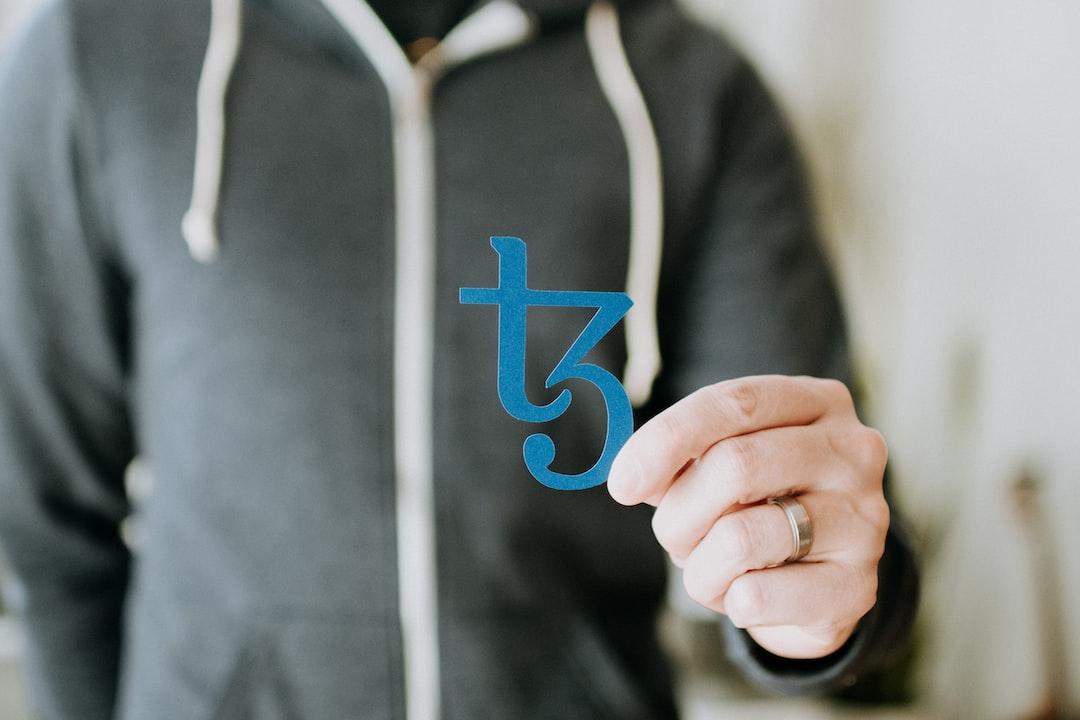Disclaimer: The opinions expressed in this article are solely those of the author and do not necessarily reflect the views of the editorial team at crypto.news.
The defi sector has experienced a period of relative calm recently, following a significant flash loan attack on AAVE by the stablecoin trading project Platypus, resulting in a loss of $9 million worth of assets at the beginning of 2023. Despite the apparent tranquility in the defi space since then, it is crucial not to interpret this as a sign of improved safety measures. The industry still remains highly susceptible to critical security vulnerabilities that could have catastrophic consequences for protocols.
It is essential to address the overlooked risk factors that could lead to major security breaches in defi protocols. Two key mistakes in attitude that protocols should be cautious of are inadequate monitoring of potential exploits in forked defi protocols and compromising on security testing due to the pressure of quick market launches. These mistakes can leave protocols vulnerable to security threats such as zero-day vulnerabilities.
One critical issue exacerbating security concerns in the defi sector is the lack of specialized expertise in defi development. Unlike the traditional finance sector, which boasts a pool of experienced professionals, defi projects often lack guidance from individuals well-versed in both the crypto market and financial intricacies. This absence of expertise can lead to inadequate security practices and ineffective tokenomics models, resulting in economic risks for users.
As the defi landscape continues to evolve rapidly, security remains a pressing concern, especially in light of recent large-scale financial losses. To address these concerns, defi protocols have begun introducing measures to limit certain activities, despite the potential perception of increased centralization. These measures are crucial for instilling confidence in conservative investors and traders from the traditional finance scene, as the industry matures.
In conclusion, robust security practices are essential for building a trustworthy defi ecosystem that can withstand evolving threats and gain the confidence of users. While frequent protocol launches and market growth are important, prioritizing security measures is paramount to the long-term success of the industry. It is imperative for the defi sector to focus on building a secure system and addressing the various security threats that continue to pose challenges to its development.

